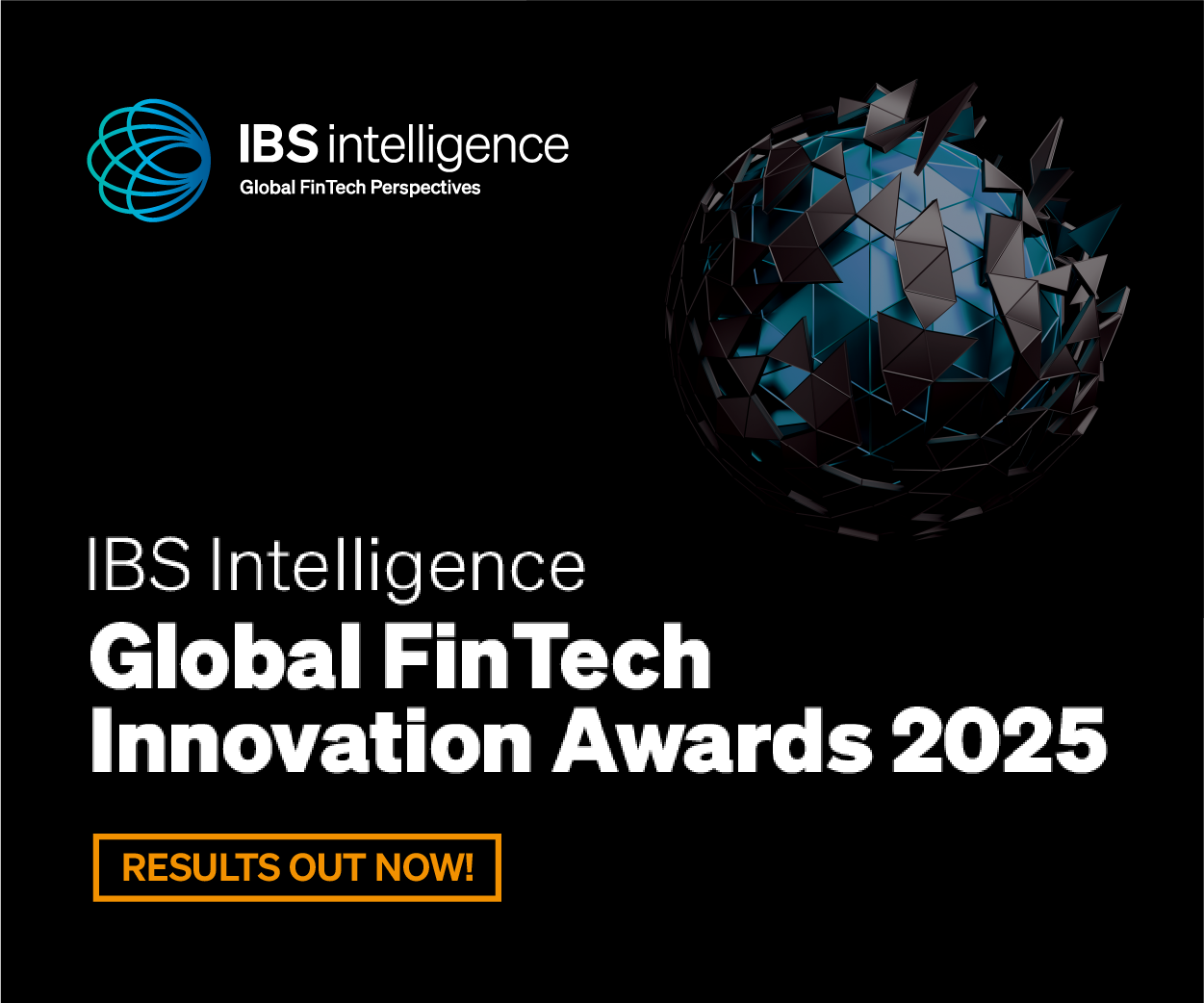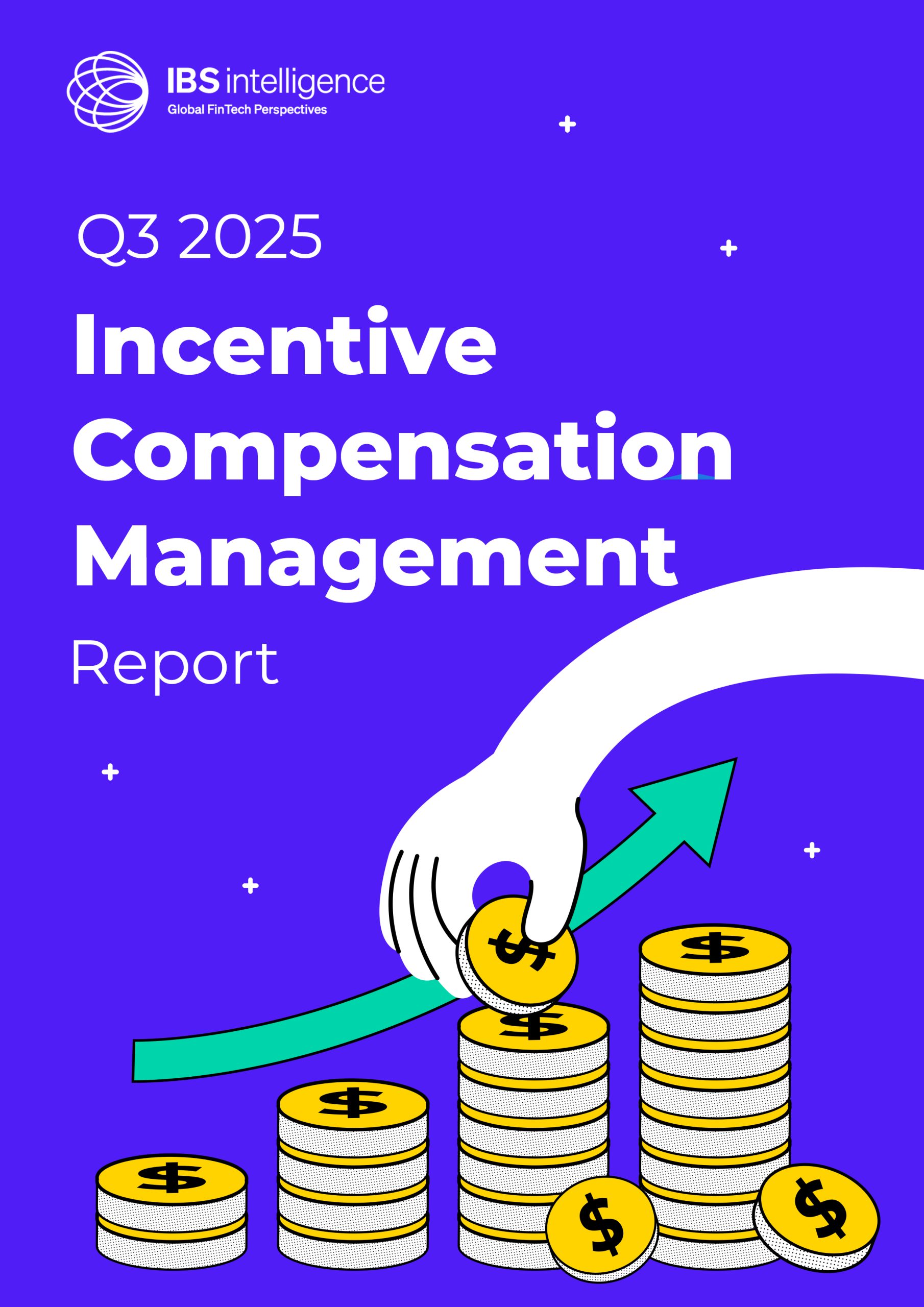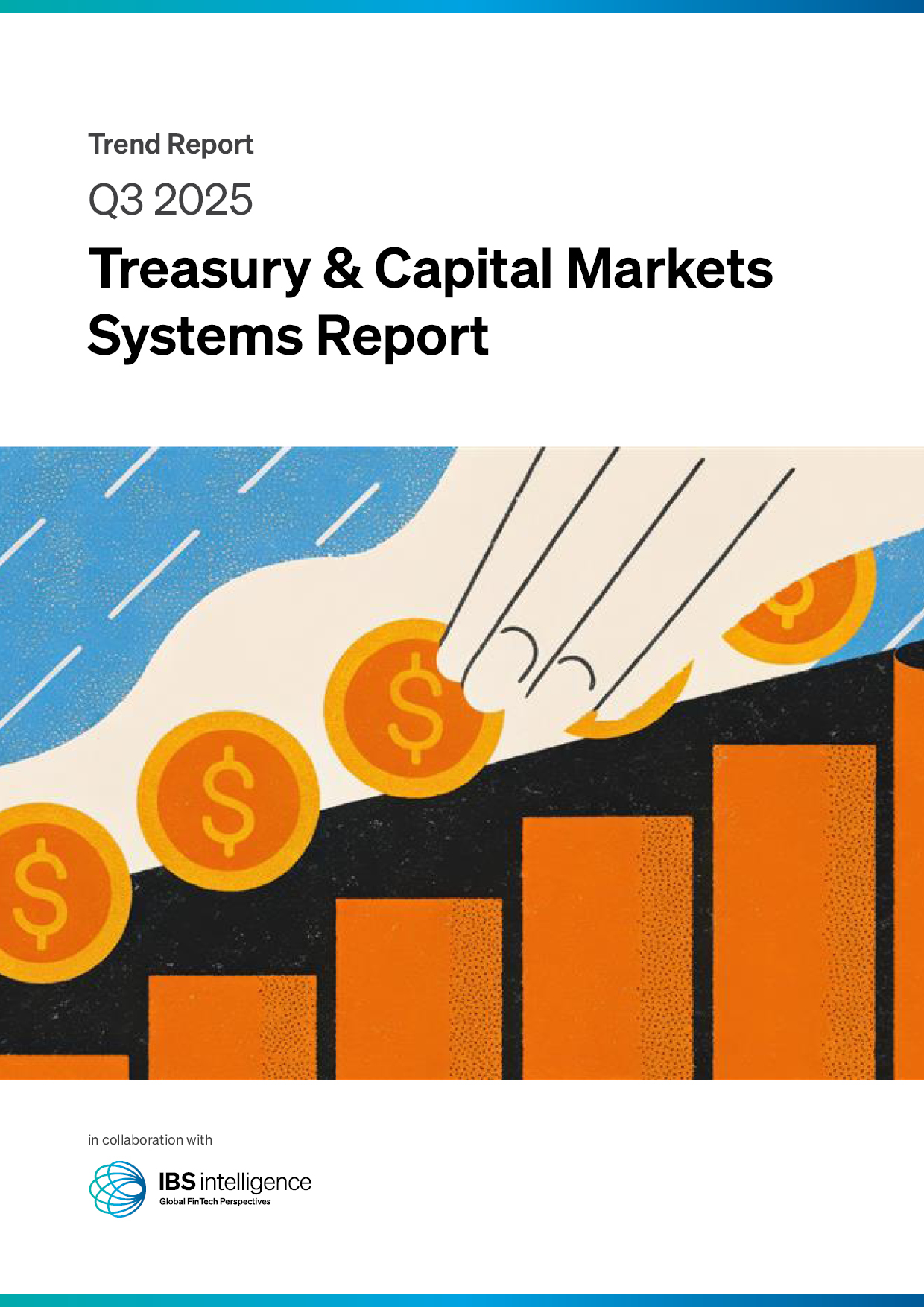 Back
Back
Open banking, simplified: Interview with Guillaume Bouvard, Co-founder, COO & CMO, Extend
By Vriti Gothi

As open banking regulations evolve, banks and FinTechs are moving from competition to collaboration. For Extend, the goal is to make banking infrastructure smarter, not redundant. By embedding innovation into existing systems, Extend helps businesses modernise spend and expense management without switching banks. Its virtual card platform adds built-in controls, speed, and transparency to corporate payments.
In conversation with Guillaume Bouvard, Co-founder, COO & CMO at Extend, IBS Intelligence explored how the company is transforming corporate payments through secure APIs, consent-based data sharing, and bank-grade compliance.
Open banking rules are sparking a lot of discussion. From your perspective, how will these changes reshape collaboration between FinTechs and traditional banks in the next few years?
Open banking done right moves us from brittle, one-off data pipes to consented, standards-based connectivity. That changes the collaboration equation:
- Banks keep the primary relationship and the trust.
- FinTechs like Extend plug in through clear guardrails to bring speed, UX, and specialised workflows.
Even with the current regulatory “pause and rewrite,” the direction is clear: API-based access, customer-permissioned sharing, and fewer screen-scrapes. The winners will be bank FinTech partnerships that productize that access into practical outcomes, faster onboarding, richer risk signals, and automated reconciliation—rather than just “more data.”
A big part of open banking is data accessibility. Why do you believe open access to financial data is essential for driving true innovation in payments and expense management?
Innovation in payments isn’t just moving money; it’s making the data around the payment usable. When a finance team can securely permission transaction data, you get real-time controls, automated categorisation, and book-closing processes that run in hours, not days.
Open access through secure APIs and explicit consent lets companies connect their bank accounts and cards directly to the tools that run their business, without manual exports. It also reduces risk with tokenised access and standardised permissions, in place of auto-saved passwords and screen scraping. That’s where we’ve seen the most lift in accuracy and speed for customers combining Extend with their accounting stack.
Virtual cards are being adopted quickly for security and spending control. Beyond these benefits, what long-term impact do you think virtual cards will have on corporate payments and fraud prevention?
Virtual cards are becoming the programmable fabric of B2B payments. They change behaviour: issue a card per project, vendor, or trip with amount/date controls so policy lives inside the payment. That shrinks the fraud surface and makes exceptions obvious. They also deliver real-time visibility and ledger-matched metadata. Over time, I expect virtual cards to replace checks and shared corporate cards, cutting fraud while speeding reconciliation and decision-making. It’s a structural shift, which is why volumes keep climbing.
Extend lets businesses modernise, spend and expense management without switching banks. How does this model help win the trust of more traditional companies that may hesitate to embrace FinTech?
Trust is everything in business. Most traditional companies don’t want to be early adopters or take unnecessary risks with the finances; they want tools and partners they can trust. I don’t think they should move banks to get modern capabilities. With Extend, they keep their cards, credit line, and bank relationship and add virtual cards, granular controls, and automation. On day one, they get a solution with consumer-grade simplicity and enterprise-level control: instant onboarding and issuance, clean data, real-time insights, 3rd third-party integration. No rip-and-replace, no new issuer, no alternate wallet. That lowers change-management risk and delivers results now while strengthening our bank partners’ value proposition.
You’ve said Extend can save businesses “hours, even days” in managing payments and closing the books. Can you share a real-world example where a client experienced this impact?
Central Construction is a great example. Before Extend, their finance team spent over 40 hours each month reconciling expenses across 91 projects and 250+ contractors and suppliers, while also dealing with frequent fraud from shared physical cards. By switching to Extend virtual cards, they reduced fraud incidents from dozens every six months to almost none, and they cut reconciliation time by 44 hours a month, saving more than $21,000 annually in labour costs. Now every project, vendor, and employee has dedicated cards, giving them real-time accountability and transparency. What was once a tedious, manual process has become streamlined and secure.
Drawing from your years at American Express and Capital One, what key lessons are you applying at Extend to build stronger partnerships with banks and scale innovation?
I learned at AmEx and Capital One that banks and FinTechs don’t have to compete; they can be complementary if you get the fundamentals right. For me, the playbook is threefold:
i.Trust is earned in operations. Settlement should be boring, controls are real, and data is reconciled every time
ii. Distribution runs on alignment. If a FinTech expands a bank’s value proposition not displace it; everyone grows faster
iii. Scale comes from standards. Clear API contracts, issuer-grade controls, and well-defined roles across bank, network, processor, and FinTech.
That’s exactly how we built Extend: a bank-centric model that integrates cleanly into existing platforms, adds virtual cards and spend automation, and connects to the accounting stack—without asking customers to switch banks. It’s a win-win-win: banks deliver modern capabilities faster, we gain distribution through trusted channels, and businesses get better tools with less risk and friction.
IBSi FinTech Journal

- Most trusted FinTech journal since 1991
- Digital monthly issue
- 60+ pages of research, analysis, interviews, opinions, and rankings
- Global coverage







